Medicinal Herbal Tinctures Master Recipe
Your folders
Your folders
Prep Time: 60480 minutes
Total: 60480 minutes
Author : Mary's Nest
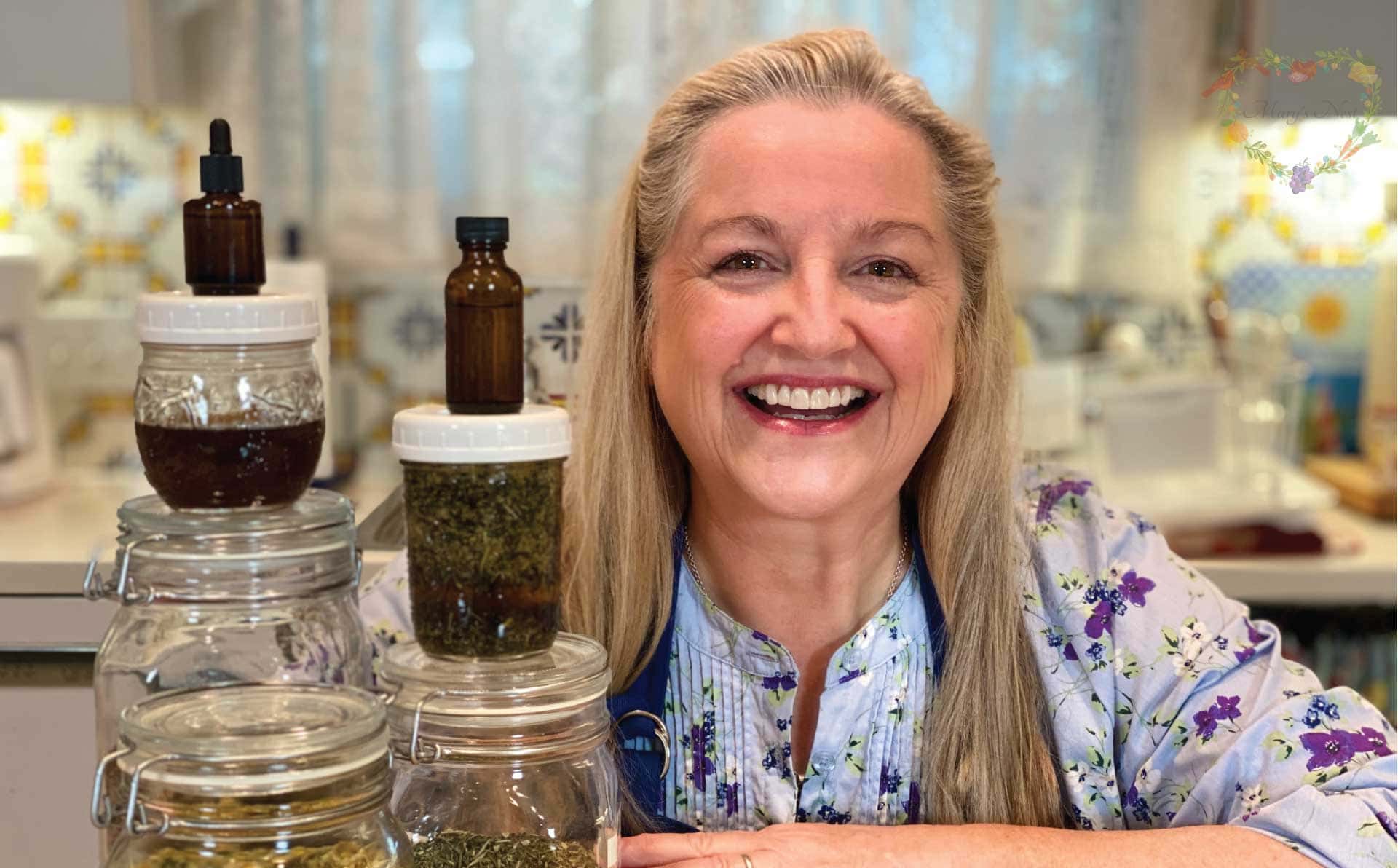
Ingredients
Export 4 ingredients for grocery delivery
Instructions
Step 1
Fill the 8 ounce jar with the appropriate amount of herbs that you are using. If the herbs are fresh, they are best rough chopped first. If you are using roots, stems or stalks, or berries, they are best well chopped or pulverized first.
Step 2
Pour the vodka or other liquid into the jar to within approximately an inch to a half-inch of the rim of the jar. Make sure that all the herbs are well saturated and submerged under the liquid. (See video.)
Step 3
Put the lid on the jar and shake it up and down a few times.
Step 4
Place the jar in a warm place. You can place it either in or out of direct sunlight. Herbalists assert that the sun will not cause the essential or volatile oils to become rancid because the alcohol acts as a preservative. However, if you are using glycerine or apple cider vinegar, you may want to place the jar in a warm place out of direct sunlight.
Step 5
After two days, remove the lid of the jar to check the level of the liquid. The herbs, especially dried herbs, may have absorbed much of the liquid. If so, top off the jar with additional liquid to ensure that the herbs are completely saturated and covered by the liquid. Replace the lid on the jar, shake it up and down a few times, and return it to a warm spot.
Step 6
If you want, you can shake the jar daily, but it is not required. However, it is a good idea to periodically shake the jar at least once a week. Doing so ensures that any herbs that may have floated to the top will be re-submerged under the liquid.
Step 7
If you are making a medicinal herbal tincture using herb flowers and/or leaves, the tincture will be ready to strain and decant after 4 weeks (28 days). If you are making a medicinal herbal tincture using herb roots, stems or stalks, and/or berries, the tincture will be ready to strain and decant after 6 weeks (42 days).
Step 8
To strain the medicinal herbal tincture, place a fine-mesh strainer over a large measuring cup or bowl. Pour the contents of your jar into the mesh strainer and allow the tincture to drain into the vessel below the mesh strainer.
Step 9
DO NOT press on the herbs in the mesh strainer. Allow the tincture to drain naturally. You want the tincture to be as clear as possible and free of bits of herbs in it. The spent herbs can be saved for the compost pile.
Step 10
Once the tincture liquid no longer drains from the mesh strainer, decant the tincture. The best option for decanting the tincture is into a dark-colored bottle with an eyedroppe,r but you can also store it in any glass bottle that you have.
Step 11
Store the tincture in a cool dark place, such as a kitchen pantry or kitchen cabinet. Do not store your herbal medicinal tinctures in the bathroom. The fluctuations in temperature can shorten the shelf life of the tincture.
Step 12
The shelf life of an alcohol-based herbal tincture is very long, almost indefinite. The shelf life of a glycerine-based herbal tincture is approximately 2-3 years. The shelf life of an apple cider vinegar-based tincture is approximately 1 year.
Step 13
See the Recipe Notes below for additional dosage information.
Step 14
Fill the 8 ounce jar with the appropriate amount of herbs that you are using. If the herbs are fresh, they are best rough chopped first.
Step 15
Pour the vodka or other liquid into the jar to within approximately an inch to a half-inch of the rim of the jar. Make sure that all the herbs are well saturated and submerged under the liquid. (See video.)
Step 16
Put the lid on the jar and shake it up and down a few times.
Step 17
Place the jar in a warm place. You can place it either in or out of direct sunlight. Herbalists assert that the sun will not cause the essential or volatile oils to become rancid because the alcohol acts as a preservative. However, if you are using glycerine or apple cider vinegar, you may want to place the jar in a warm place out of direct sunlight.
Step 18
After two days, remove the lid of the jar to check the level of the liquid. The herbs, especially dried herbs, may have absorbed much of the liquid. If so, top off the jar with additional liquid to ensure that the herbs are completely saturated and covered by the liquid. Replace the lid on the jar, shake it up and down a few times, and return it to a warm spot.
Step 19
If you want, you can shake the jar daily, but it is not required. However, it is a good idea to periodically shake the jar at least once a week. Doing so ensures that any herbs that may have floated to the top will be re-submerged under the liquid.
Step 20
The medicinal herbal headache tincture will be ready to strain and decant after 4 weeks (28 days).
Step 21
To strain the tincture, place a fine-mesh strainer over a large measuring cup or bowl. Pour the contents of your jar into the mesh strainer and allow the tincture to drain into the vessel below the mesh strainer.
Step 22
DO NOT press on the herbs in the mesh strainer. Allow the tincture to drain naturally. You want the tincture to be as clear as possible and free of bits of herbs in it. The spent herbs can be saved for the compost pile.
Step 23
Once the tincture liquid no longer drains from the mesh strainer, decant the tincture. The best option for decanting the tincture is into a dark-colored bottle with an eyedropper, but you can also store it in any glass bottle that you have.
Step 24
Store the tincture in a cool dark place, such as a kitchen pantry or kitchen cabinet. Do not store your herbal medicinal tinctures in the bathroom. The fluctuations in temperature can shorten the shelf life of the tincture.
Step 25
The shelf life of an alcohol-based herbal tincture is very long, almost indefinite. The shelf life of a glycerine-based herbal tincture is approximately 2-3 years. The shelf life of an apple cider vinegar-based tincture is approximately 1 year.
Step 26
See the Recipe Notes below for additional dosage information.
Top similar recipes
Curated for youYour folders

 132 views
132 viewsMedicinal Herb Tea Master Recipe
marysnest.com
30 minutes
Your folders
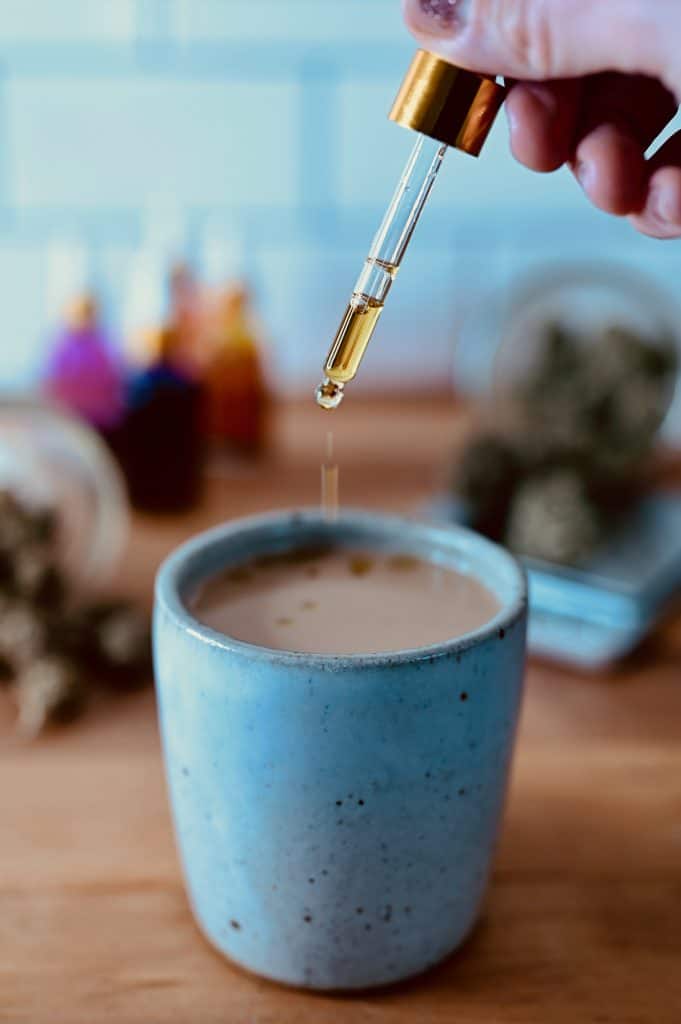
 153 views
153 viewsCannabis Tinctures
wakeandbake.co
Your folders
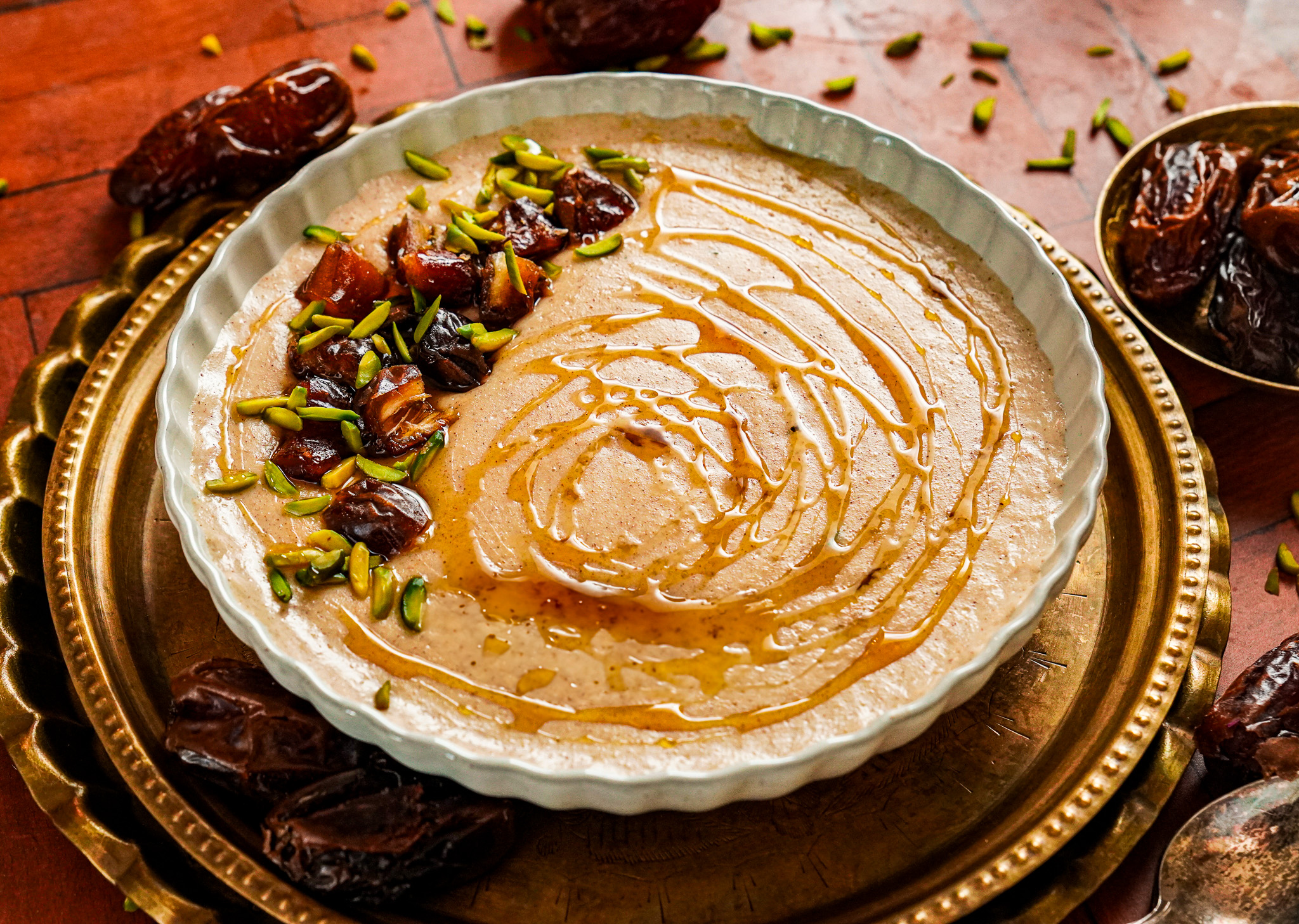
 69 views
69 viewsTalbina Recipe (Prophetic Medicinal...
falasteenifoodie.com
5.0
(3)
5 minutes
Your folders
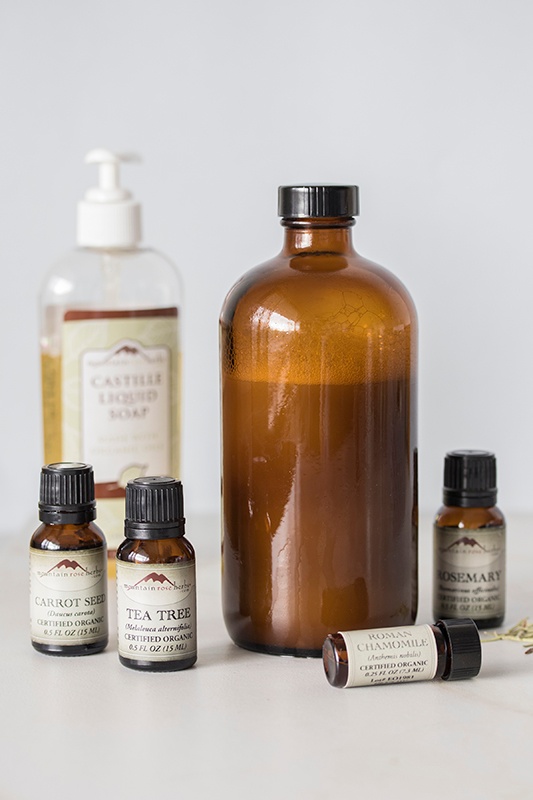
 358 views
358 viewsHerbal Shampoo Recipe
blog.mountainroseherbs.com
240 minutes
Your folders

 739 views
739 viewsMaster Muffin Recipe
sallysbakingaddiction.com
5.0
(82)
20 minutes
Your folders

 244 views
244 viewsMaster Muffin Recipe
sallysbakingaddiction.com
4.9
(150)
20 minutes
Your folders

 312 views
312 viewsPaella Master Recipe
cooking.nytimes.com
5.0
(808)
Your folders

 205 views
205 viewsMaster Shortbread Recipe
cooking.nytimes.com
4.0
(273)
Your folders
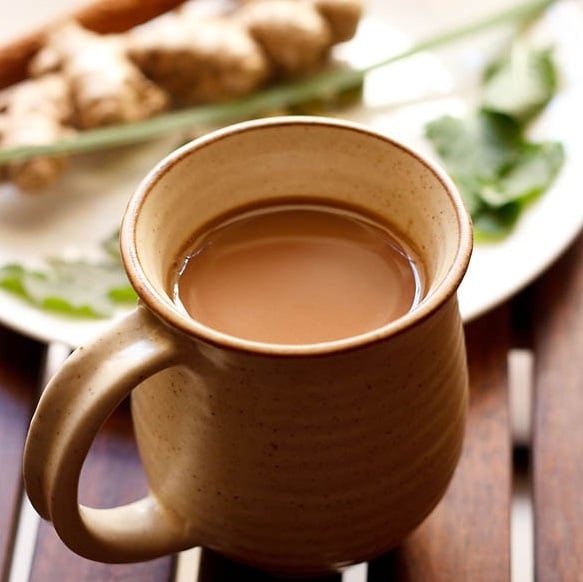
 217 views
217 viewsHerbal Tea | Herbal Chai
vegrecipesofindia.com
5.0
(7)
15 minutes
Your folders

 266 views
266 viewsEVERYDAY HERBAL MOUTHWASH Recipe
blog.mountainroseherbs.com
Your folders

 262 views
262 viewsEVERYDAY HERBAL MOUTHWASH Recipe
blog.mountainroseherbs.com
Your folders

 308 views
308 viewsEVERYDAY HERBAL MOUTHWASH Recipe
blog.mountainroseherbs.com
Your folders
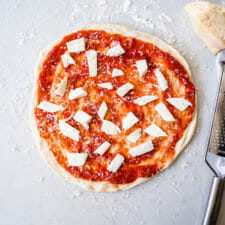
 356 views
356 viewsPizza Dough {Master Recipe}
acouplecooks.com
5.0
(6)
Your folders

 448 views
448 viewsMaster Sweet Dough Recipe
sugargeekshow.com
5.0
(14)
25 minutes
Your folders
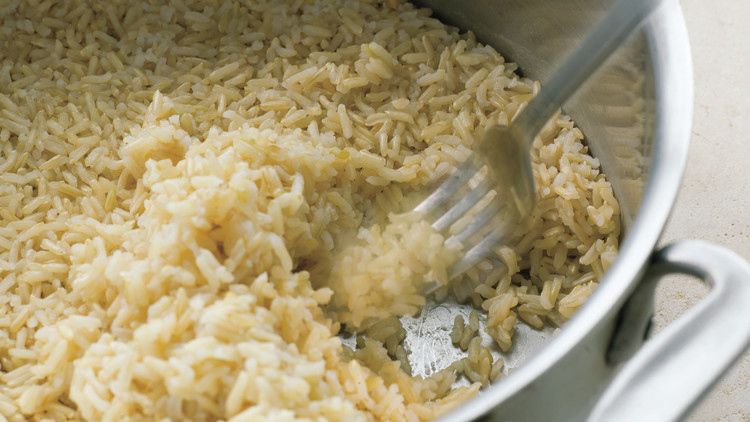
 234 views
234 viewsMaster Recipe: Brown Rice
marthastewart.com
3.6
(200)
Your folders
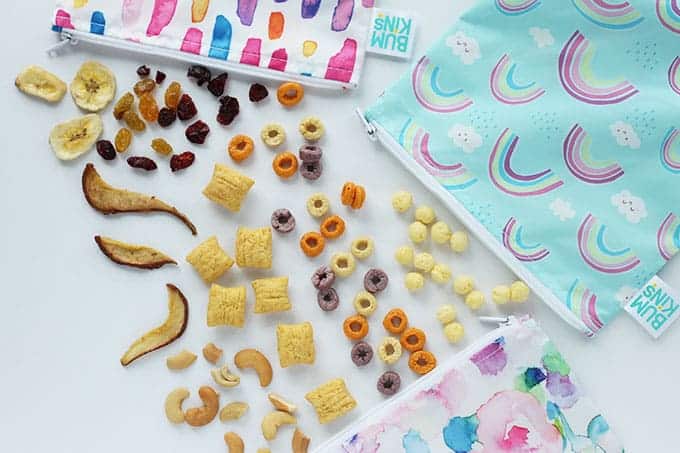
 176 views
176 viewsMaster Trail Mix Recipe
yummytoddlerfood.com
4.5
(2)
Your folders
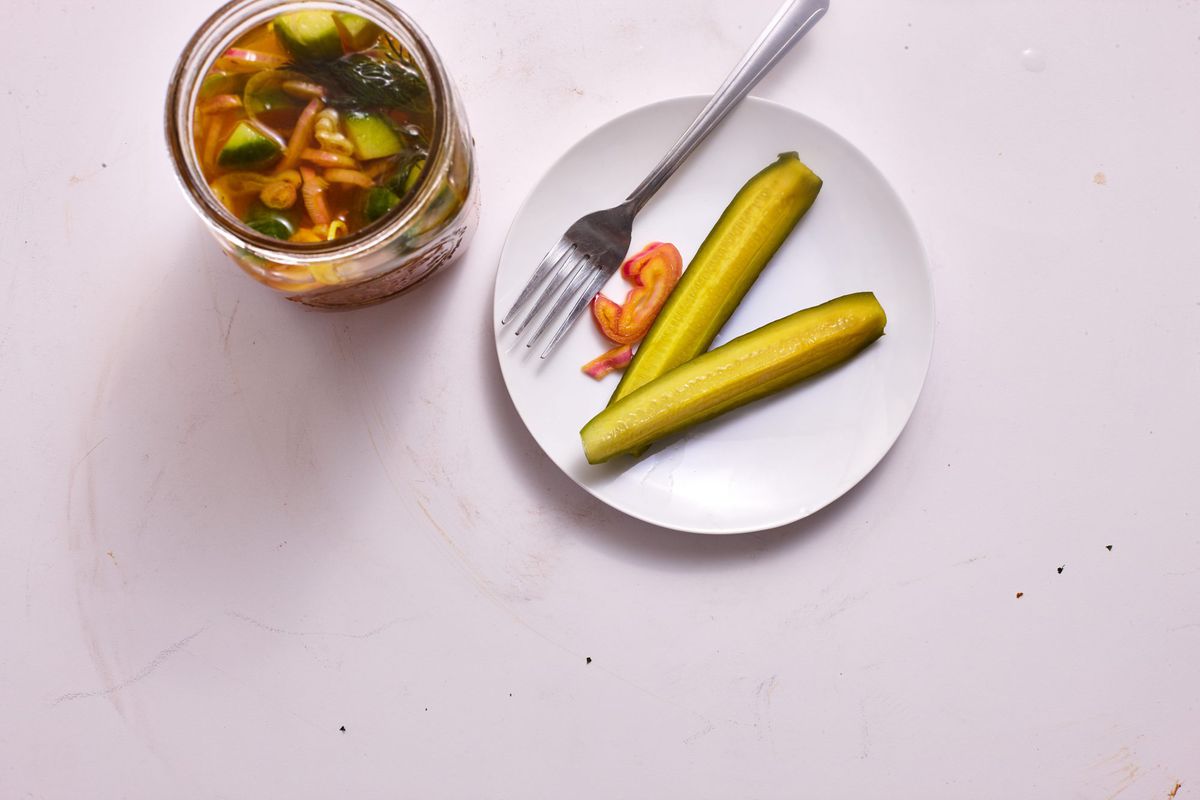
 300 views
300 viewsMaster Pickle Brine Recipe
southernliving.com
48 hours
Your folders
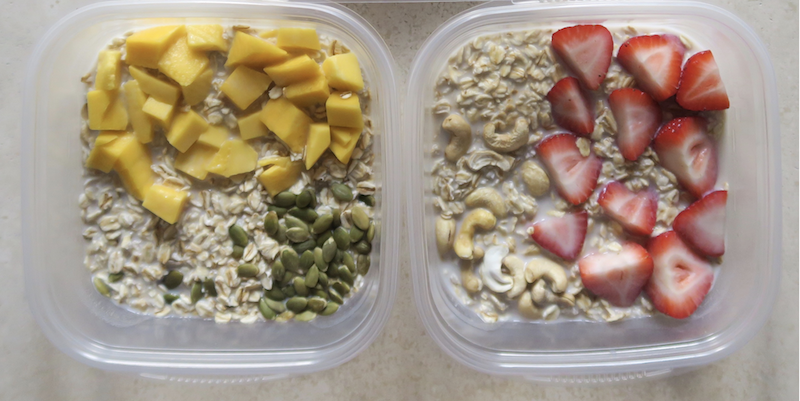
 169 views
169 viewsOvernight Oats Master Recipe
workweeklunch.com
4.0
(6)
Your folders

 398 views
398 viewsMaster Pie Dough Recipe
thegourmandiseschool.com